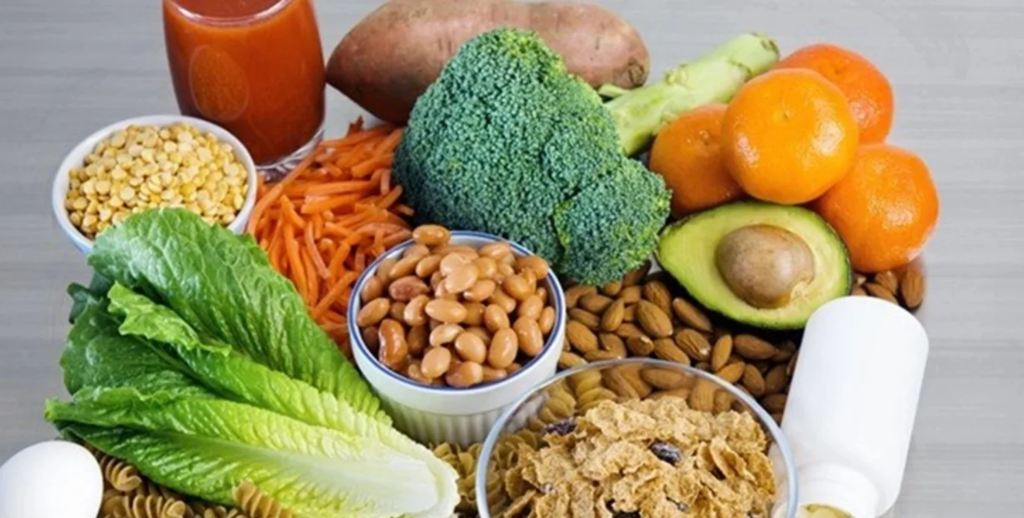In recent decades, the organic and natural food market has experienced substantial growth, encompassing distinct production, processing, distribution, and retail systems. The prevalence of ‘organic’ is evident across various sectors, from food to skincare. However, it is crucial to understand the meanings of ‘organic’ and ‘natural’ and ascertain whether ‘natural food’ offers the same safety and health benefits as organic food.
Challenging a common misconception, Luke Coutinho, co-founder of youcarelifestyle.com, clarified that “natural doesn’t always mean organic.” Organic products, as defined by the USDA National Organic Program (NOP) and FSSAI, are produced through holistic agricultural practices that prioritize biodiversity, soil health, and chemical-free inputs. These products adhere to environmentally and socially responsible standards set for organic production.

Coutinho emphasized that while organic food does not necessarily equate to healthier options, it does involve cleaner ingredients. For instance, organic butter may have the same fat and calorie content as regular butter, emphasizing the importance of mindful eating.
On the other hand, products labeled as “natural” are minimally processed and free of synthetic or artificial ingredients or additives. While they are not chemically altered and contain fewer preservatives and chemicals, Coutinho pointed out that natural products lack the regulation that organic products undergo.

He cautioned that mislabelling and fraud can occur with natural products, with some manufacturers exploiting the lack of regulations. Coutinho clarified that when organic food is certified, it signifies adherence to set standards, ensuring authenticity.
Coutinho highlighted the fundamental difference between “natural” and “organic,” noting that organic products are grown without synthetic chemicals and genetically modified organisms (GMOs), while natural products may be free of synthetic or artificial ingredients but do not promise all the aspects of organic production.

He provided the example of fruits and vegetables, stating that certified organic ones are grown on soil free from harmful synthetic chemicals and pesticides, always supervised by certified bodies. In contrast, natural products lack certification. While all organic products can be considered natural, not all-natural products qualify as organic. Despite this, Coutinho asserted that natural products are still considered healthier and safer than conventional products.
For consumers, Coutinho advised making choices based on a product’s ingredients rather than relying solely on front-label claims. Reading nutrition labels is crucial, as studies have indicated potential damage from common pesticides or fertilizers to the nervous, endocrine, and immune systems, increasing the risks of cancer. Coutinho urged consumers to exercise caution and read nutrition labels for a more informed purchasing decision.

